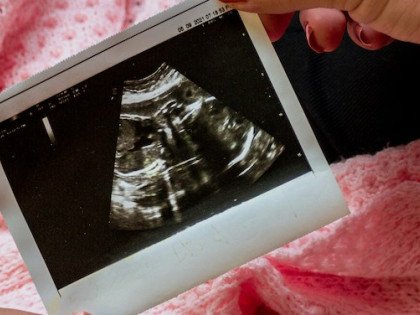When the poster was shown, Carl Phillips predicted in the Daily Caller: "It has not yet appeared in a peer-reviewed journal, but it will, and the peer-review process will do nothing to correct the errors noted here." [link]
When the research was finally published, Glantz was quoted as saying: “While people may think they are reducing their health risks, we found that the heart attack risk of e-cigarettes adds to the risk of smoking cigarettes.”
The paper concluded: “Daily e-cigarette use, adjusted for smoking conventional cigarettes as well as other risk factors, is associated with increased risk of myocardial infarction.”
The fact that a number of the vapers self-reporting myocardial infarctions had them when they were smoking, sometimes up to a couple of decades before vaping, mattered little to California’s foremost anti-vaping charlatan.
Doctors Konstantinos Farsalinos and Raymond Niaura pointed out that his selection of data sets was bizarre to say the least, and indicated a clear intention to massage them for a desired outcome. “The NCHS guidance clearly states that the different sample design periods should be treated as statistically independent,” they wrote; but Glantz didn’t.
“Our findings show the well-established limitations of cross-sectional studies, which cannot justify any claims about causal inference, as mentioned in the conclusion by Alzahrani and colleagues. Therefore, the conclusion of their study is incorrect and should be revised.”
Pointing out what should have been obvious to any intelligent researcher, Doctors Middlekauff and Gornbein commented: “Of concern, however, is the fact that 95% of EC users were also former or current tobacco cigarette smokers, and the timing of the MI relative to onset of EC use is unknown.”
Middlekauff and Gornbein went on to highlight that Glantz’ figures (if accepted as valid, which they aren’t) actually show vaping is safer than smoking and reduces the risk of myocardial infarctions.
Michelle Bover Manderski, Binu Singh and Cristine Delnevo from the Centre for Tobacco Studies, Rutgers School of Public Health, New Jersey, are the latest to pull his work to pieces.
“We echo the concerns raised by Middlekauff and Gornbein and note several additional limitations and methodological discrepancies that undermine the conclusions of this study,” they write.
“Contrary to what the authors described in their methods, the published tables may present unweighted results. If this is the case, then the results are not nationally representative, do not account for the complex sampling design, and underestimate variance. In addition, the authors examined data from the 2014 and 2016 National Health Interview Surveys, omitting 2015 without mention or explanation despite it being readily available in the cancer control supplement.”
“As the debate on the risks−benefits of electronic-cigarettes continues, a rigorous evidence base is critical,” they continue, pointing out that Glantz’ study can never be used to make a claim related to “excess risk for future MI”.
“It is not possible through the analysis of cross-sectional data.”
“Equally important, we were unable to replicate the authors’ findings. Given the importance of this topic to public health, we request that the authors provide a full and comprehensive explanation for the discrepancies noted and temper their conclusions about ‘increased risk of myocardial infarction’ to reflect the limitations of cross-sectional data.”
Related:
- “E-Cigarette Use and Myocardial Infarction: Importance of a Sound Evidence Base in the E-Cigarette Risks–Benefits Debate”, Bover Manderski, Singh and Delnevo – [link]
Dave Cross
Journalist at POTVDave is a freelance writer; with articles on music, motorbikes, football, pop-science, vaping and tobacco harm reduction in Sounds, Melody Maker, UBG, AWoL, Bike, When Saturday Comes, Vape News Magazine, and syndicated across the Johnston Press group. He was published in an anthology of “Greatest Football Writing”, but still believes this was a mistake. Dave contributes sketches to comedy shows and used to co-host a radio sketch show. He’s worked with numerous start-ups to develop content for their websites.
Join the discussion
Expert Reaction to Pregnancy Study
Experts have reacted to the QML study of impacts of vaping in pregnancy and comparison with smoking
Study: Vapes Help Pregnant Quitters
A new study from Queen Mary University of London finds that vapes help pregnant smokers quit and pose no risk of poor pregnancy outcomes
IBVTA responds to UCL study
The Independent British Vape Trade Association has responded to University College London research and said the findings show the Government’s smoke-free ambition is stalling
Cochrane Review Echoes Swedish Success
The Cochrane Review echoes the Swedish approach, finding less harmful alternatives like vaping are superior to other quit methods, says Smoke Free Sweden






-listing400.jpg)




